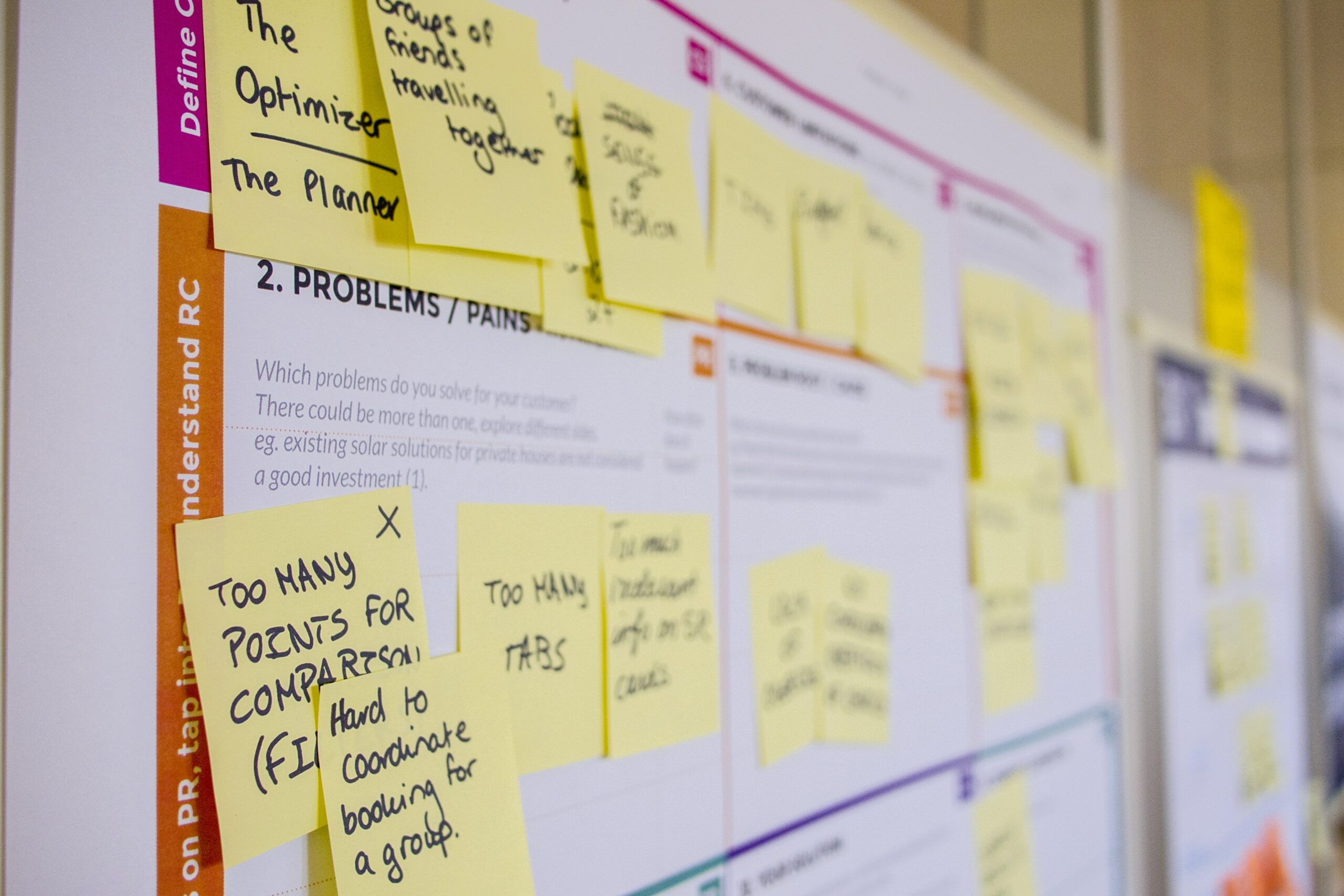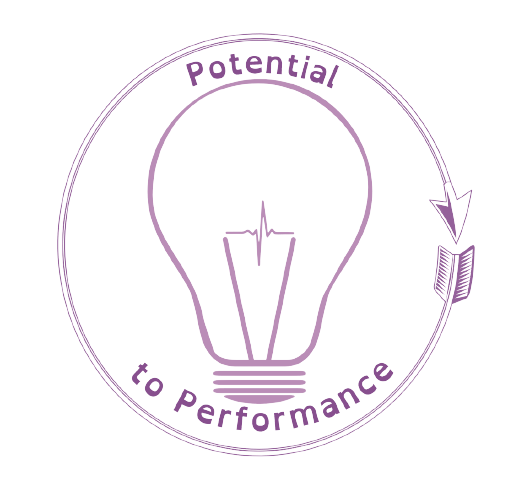By Brooke Trenwith
While being research-based experience is important, “Lived Experience” is essential to consider in education as students are complex individuals that have multiple influences upon their learning.
Lived experience is like the ultimate insider knowledge. It’s one thing to study something academically, but actually living it provides a depth of understanding that’s hard to replicate. For neurodivergent individuals, their lived experiences give them unique insights into their own challenges, strengths, and needs.

It’s not just about knowing the facts; it’s about understanding the nuances, the emotions, and the day-to-day reality. Lived experience offers subjective and personal insights based on individual encounters and perspectives.
Research, on the other hand, follows a systematic and objective approach to generate generalisable knowledge. Both have their own strengths and limitations, and a holistic understanding often involves considering and integrating both types of knowledge.
The table below outlines the key elements of Research and Lived Experience:
Research
Lived Experience
| Methodology | Typically involves systematic investigation, inquiry, and analysis of a specific topic or question using established methodologies and frameworks. It often follows a structured approach, involves data collection and analysis, and may include experiments, surveys, observations, or literature reviews. | Refers to the personal knowledge gained through direct participation, observation, or personal encounters with a particular phenomenon or situation. It is subjective and based on one’s own perceptions, emotions, and interpretations. |
| Generalisability | Aims to produce knowledge that is generalisable to a larger population or applicable in a broader context. The findings are often intended to contribute to existing knowledge, inform policy decisions, or guide practices. | Is typically specific to the individual or a particular group of people and may not necessarily be applicable or generalisable to others. It represents a personal perspective and may not align with broader trends or patterns. |
| External validation | Typically undergoes a process of external validation, where findings are reviewed by peers, subject to rigorous scrutiny, and often published in reputable journals. This ensures that the research is subjected to critical evaluation, verification, and replication by other experts in the field. | Being subjective and personal, does not go through the same external validation process. However, it can still be valuable in providing unique insights and perspectives. |
| Objectivity vs. Subjectivity | Contributes to the body of knowledge in a particular field, building upon existing theories and concepts. It helps in developing a deeper understanding, identifying trends, establishing causal relationships, and generating new knowledge. | Provides unique insights, personal narratives, and lived realities that can complement research findings. It can challenge or enrich existing knowledge by offering perspectives that may be overlooked in formal research. |
So, when it comes to making decisions or advocating for change, we need both. We need to look at the research context, ask for lived experience in our context to be shared and then use both sets of data to make a decision.
This is what my 360 Inclusive Reviews do. They look at the research base, combine it with lived experience data from the students we work with and then make specific recommendations to improve inclusive learning within your context.
Have a read of the Medbury School Inclusive Review Case Study and get in touch with Brooke to book in your 360 Inclusive Review.
